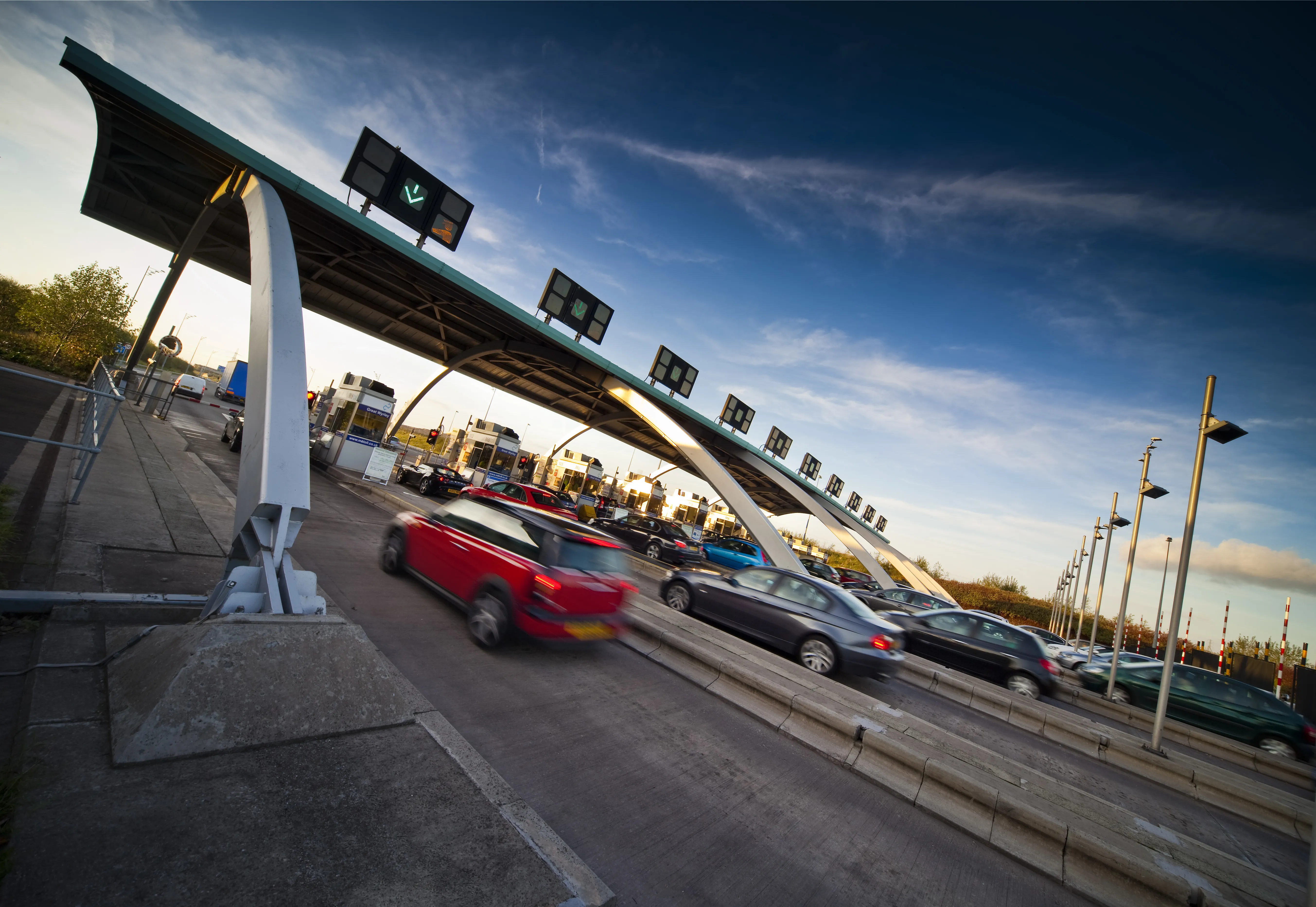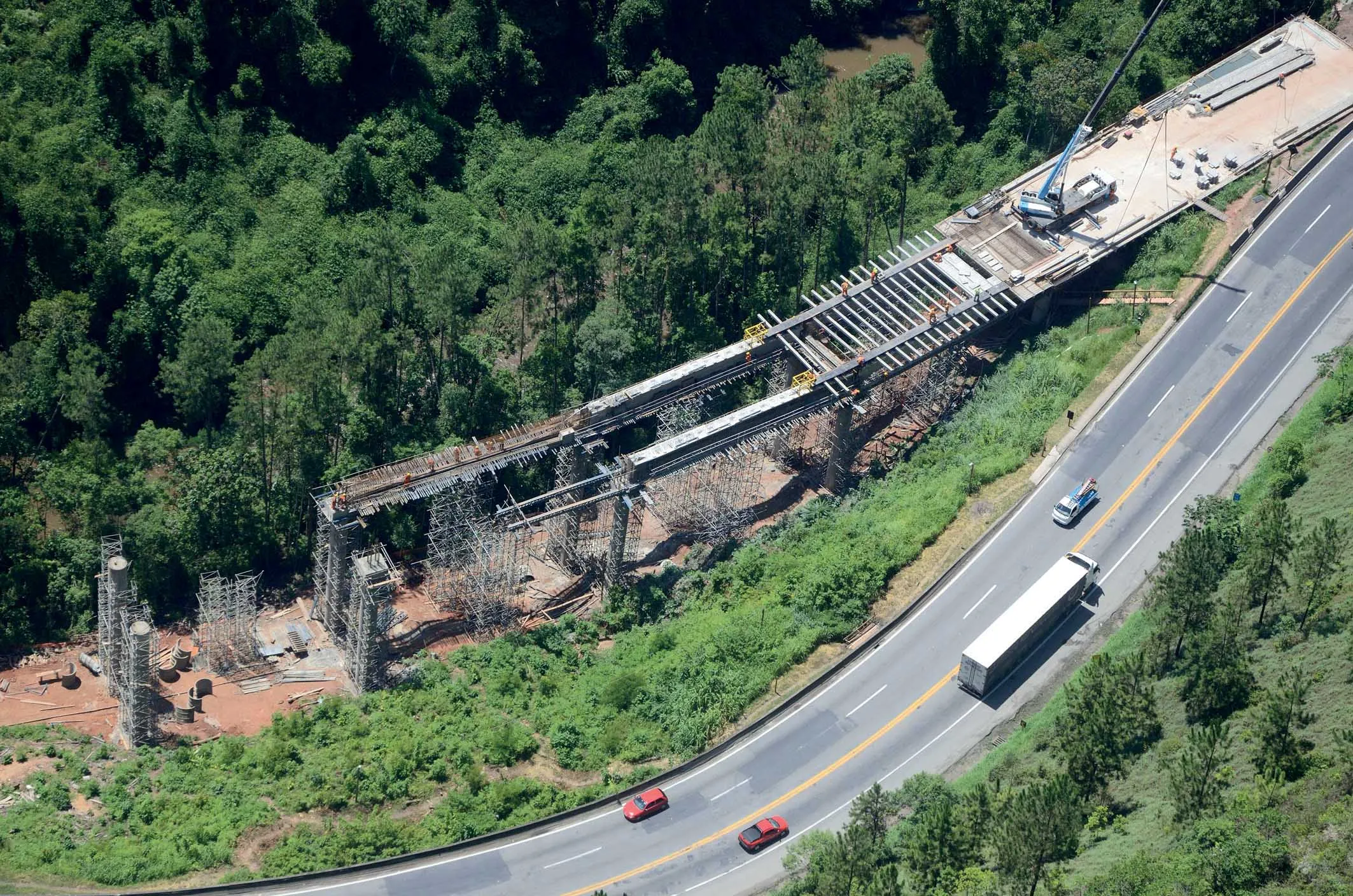Brazil's Treasury Ministry has confirmed that the rate of return for the upcoming highway concession auctions is to be set at 9.2%, up from the 7.2% used in the previous round of tenders in 2013.
The lower return is to ensure that the road tolls are lower. However, critics said the measure is not high enough and many contractors are looking for a rate of return of at least two digits, Brazil media reported.
Even the increased rate as it stands will not lead to a greater number of contractors tendering fo
July 16, 2015
Read time: 2 mins
Brazil's Treasury Ministry has confirmed that the rate of return for the upcoming highway concession auctions is to be set at 9.2%, up from the 7.2% used in the previous round of tenders in 2013.
The lower return is to ensure that the road tolls are lower. However, critics said the measure is not high enough and many contractors are looking for a rate of return of at least two digits, Brazil media reported.
Even the increased rate as it stands will not lead to a greater number of contractors tendering for business.
Paulo Correa, from the Treasury Ministry, said that the figure represents the weighted average cost of capital and not truly an estimate of return for the projects, which will depend on a number of other factors.
Correa also noted that the increase will have little affect on road users and not cause a significant rise in road tolls.
The new measure is to be applied to the four highway stretches planned to be tendered in 2015.
Also announced was the toll for the first road project to be offered in the new concession packet, around US$4.40, according to studies from the government’s technical division. The value is almost three times that of the current average toll charged for the most recent Brazilian highway concessions.
Meanwhile, the government is consulting the public until next month on the toll for a new road between the city of Chapeco in the state of Santa Catarina and the city of Curitiba in the state of Parana – both in southern Brazil.
The lower return is to ensure that the road tolls are lower. However, critics said the measure is not high enough and many contractors are looking for a rate of return of at least two digits, Brazil media reported.
Even the increased rate as it stands will not lead to a greater number of contractors tendering for business.
Paulo Correa, from the Treasury Ministry, said that the figure represents the weighted average cost of capital and not truly an estimate of return for the projects, which will depend on a number of other factors.
Correa also noted that the increase will have little affect on road users and not cause a significant rise in road tolls.
The new measure is to be applied to the four highway stretches planned to be tendered in 2015.
Also announced was the toll for the first road project to be offered in the new concession packet, around US$4.40, according to studies from the government’s technical division. The value is almost three times that of the current average toll charged for the most recent Brazilian highway concessions.
Meanwhile, the government is consulting the public until next month on the toll for a new road between the city of Chapeco in the state of Santa Catarina and the city of Curitiba in the state of Parana – both in southern Brazil.








